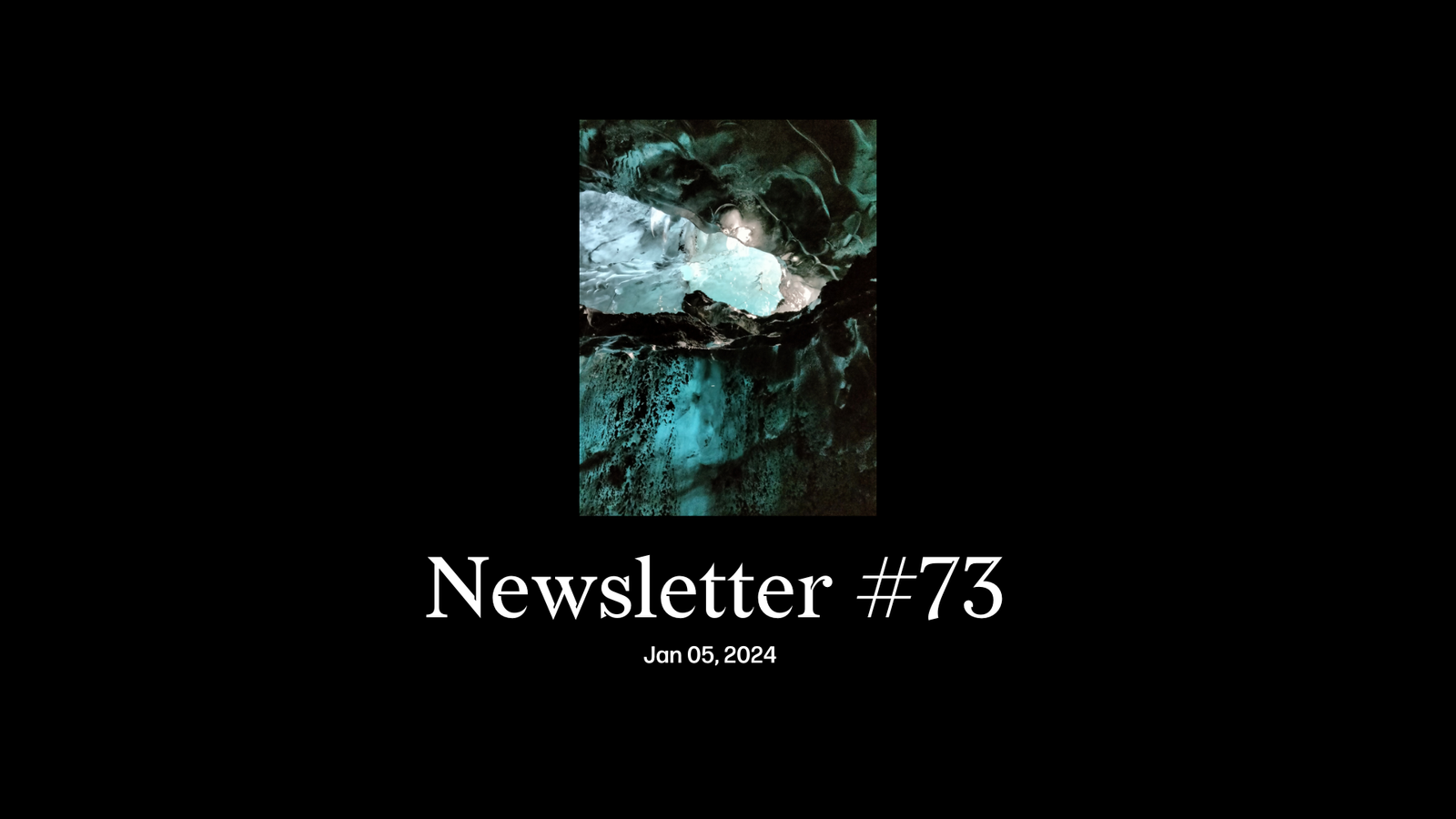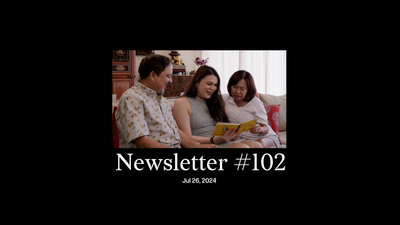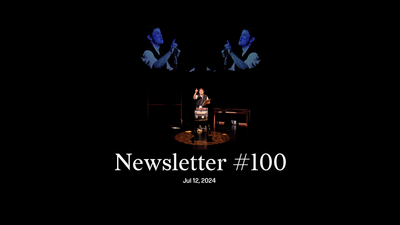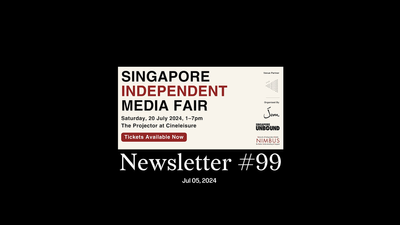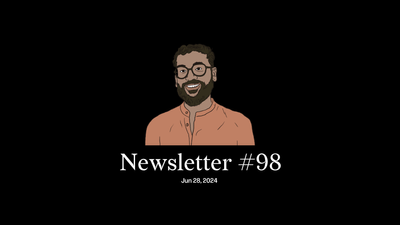Dear reader,
Happy New Year!
What’s so happy about it anyway, a cynic might ask. For many of us, concerned about the ongoing carnage in the Middle East, it seems like this turn of the Gregorian calendar may simply symbolise a pivot of horror: the conflict expanding beyond Israel and Gaza into a broader regional conflagration.
Yet continue living we must, and finding comfort, solace, knowledge and joy amid anguish and stress is a daily practice. We are all repeatedly forced, for better or worse, to free ourselves of any single obsession, and of any single moment.
Time is like water,
and water is as cold and deep
as consciousness.
is the opening of a verse by Stein Steinarr, an Icelandic poet, as well as this week’s essay, “Postcard from Iceland: memento mori”, by Myle Yan Tay, a Singaporean writer, in his second piece for Jom. Yan describes the millennia-long journey of the “Land of Ice”, an evolution accelerated recently by anthropogenic climate change. If all the glaciers melt, what will Icelanders call their place, and their people?
Yan forces readers, early on, to confront this stark, humbling reality about ourselves, about how microscopic and finite we each really are, against the grand sweep of cosmic and geological time. Yet he slowly develops that piece, through musings on photography, memory, and the histories and possibilities of island-states and individuals alike, into an urgent message about action and change in the face of overwhelming odds. Each human life, small as it may be, is both bursting with potential and to be cherished, simply for being.
With our postcard series, Jom encourages writers to find connections between foreign places and Singapore. When Yan first pitched the idea to us in October, while still actually travelling with his family through Iceland, it wasn’t immediately clear to me what these might be. What could one of the world’s most ethnically and religiously diverse countries have in common with one of its least? But as you’ll see—and I can’t give away too much here—there is space for interrogation and contemplation not only in the spaces of commonality, but along the edges of our differences.
In its gentle balancing of the many things we all must be feeling in these complex times, we felt it’s an appropriate piece with which to welcome you all into the new year.
Coincidentally, Faris, our history editor, has also written a blurb this week that reminds us of larger planetary and solar forces that have indelibly shaped us over millennia. He describes the north-east monsoon, whose impact on the region goes far beyond the cold winds and showers Singaporeans experience at this time of the year. Elsewhere in “Singapore This Week”, our weekly digest, we look at the lure of multi-level marketing, the reasons why more Singaporean women are freezing their eggs, a review of Singapore’s HIV disclosure law, and the Singapore Palestine Film Festival at The Projector.
On a related note, if you want to learn how and why The Projector has consistently focused on socio-political causes, check out the profile of Prashant Somosundram, its general manager, in our inaugural print issue. Domestic shipping is included in the price, and we’re sending out another batch soon, so place your order for it now.
Finally, a note of congratulations to Faction Press, “an independent non-fiction micropress dedicated to bringing stories from Southeast Asia to the world”, and perhaps Singapore’s newest publisher, on the release of their first book, Signals in the Noise: Notes on Penang, Malaysia and the World, by prominent Malaysian historian Ooi Kee Beng. Join Kee Beng and Faction’s publisher, Chye Shuwen, in conversation at 6.30pm tonight at the Book Bar.
Jom baca,
Sudhir Vadaketh
Editor-in-chief, Jom
If you've enjoyed our newsletters, please scroll to the bottom of this page to sign up to receive them direct in your inbox.

